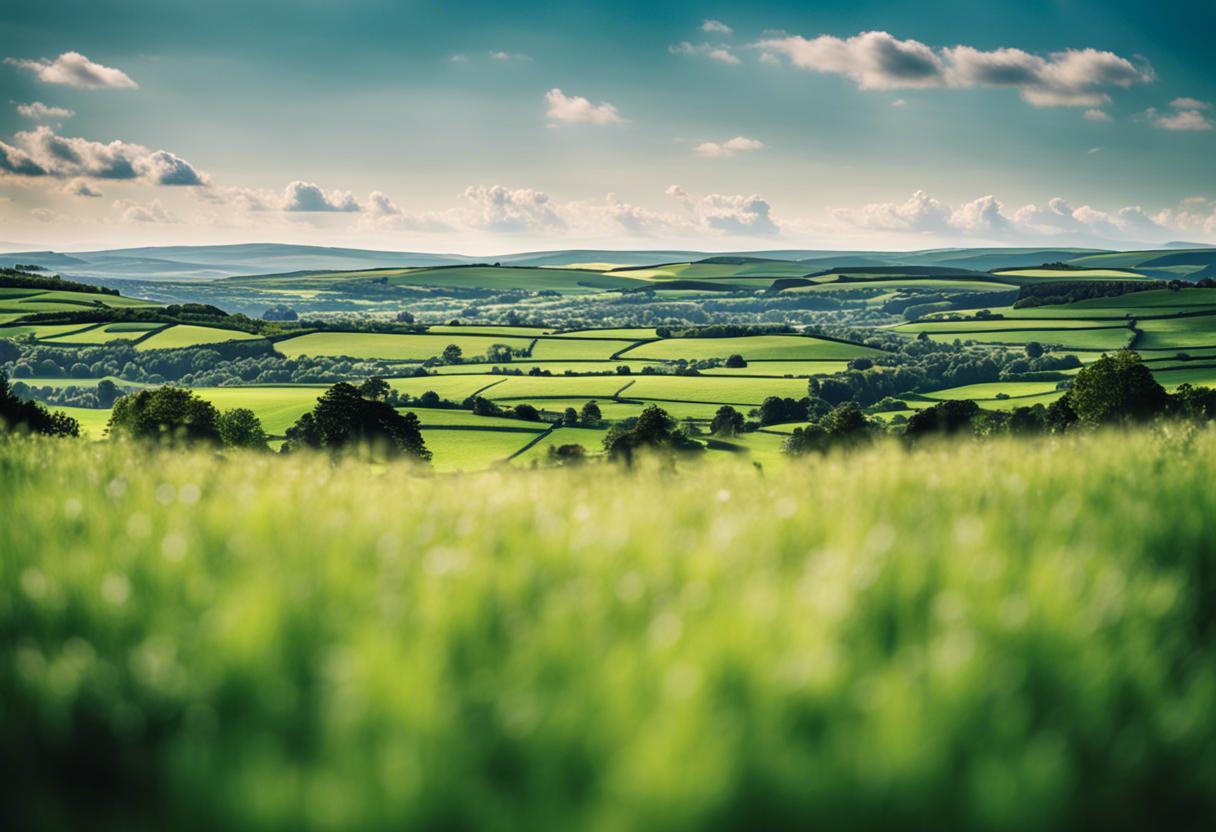A man’s endeavor to halt the planning permission of a 50MW solar farm, set to be built on agricultural land outside the city of Kilkenny, proved unsuccessful. The decision was given by An Bord Pleanála, favouring Elgin Energy Services Ltd, an Irish-based solar energy corporation. The proposed solar farm, covering 277 acres, will be located just 3km north-east of Kilkenny’s urban hub.
John Callaghan, the creator of the self-proclaimed NGO, Sustainability 2050, was the sole figure to oppose Kilkenny Co Council’s initial grant of approval. By submitting an appeal in September, he was responsible for the near-one-year delay in the project’s authorisation.
Mr Callaghan, resident of Kells, Co Meath, argued in his appeal that transitioning from a grain farm to a solar PV and sheep farm contravenes Irish agricultural policy. His contention was based on the land’s repurpose from protein production to sheep rearing – a use which he labels extremely limited.
In retort to Mr Callaghan’s appeal, the business applying confirmed to An Bord Pleanála that the 10-year planning permission for the solar farm is contingent on a grid connection from EirGrid. The timeframe for achieving this connection is currently undisclosed.
Elgin expressed its intention of ensuring 40-year longevity for the solar project to the board, hoping to bring inexpensive, eco-friendly energy to residences, companies, and farms in the region. Elgin also stated that the project’s purpose is to minimise the dependency on fossil fuels, which would result in annual carbon dioxide saving of approximately 13,950 tonnes.
The applicants conceded that the endeavor will reduce the land’s efficiency with regard to arable crop production while the operation is in progress. Despite this, the project’s inspector, Tomás Bradley, dismissed Mr Callaghan’s frets about diminishing arable land.
Mr Bradley declared, “The proprietors of the land are entitled to diversify their incomes and utilise the land in the most advantageous way possible for them, ensuring they respect necessary permissions and licences. The shift away from food production, specifically crops and proteins, will have a negligible effect nationally, if it were feasible.”
The planning permission was granted by the board, which concluded that the proposed project will not negatively impact the area’s visual appeal, won’t pose a significant threat to the local ecology, and will contribute positively towards Ireland’s renewable energy requirements, as well as the stability of its energy supply.
Get updated on crucial business news, insights and commentary straight to your mobile by subscribing to our Business push notifications. Also, our Inside Business podcast rolls out a fresh episode every week. Check out our most recent ones here.

